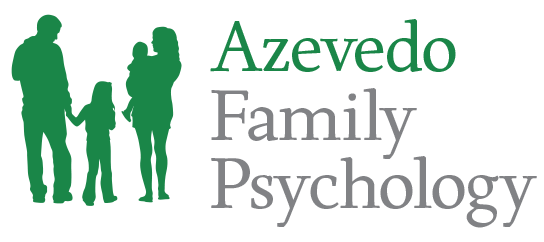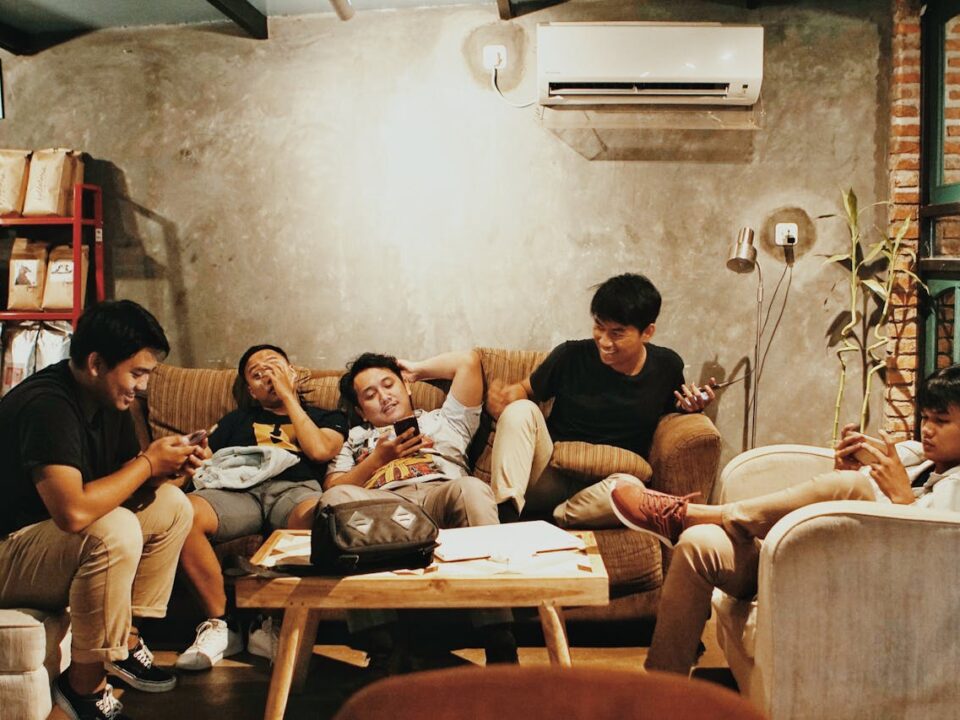
Healthy Family Boundaries During the Holidays
December 18, 2019
Join Our FREE Art For Life Group
January 10, 2020Anxiety is a real thing, y’all. Sometimes it gets the best of us and makes us question even the deepest relationships we have in our lives. I will be fully transparent with you, I have straight up had to double check and ask my parents (who have continuously shown me that they love me) if they really do love me. It is exhausting for both parties in this situation. For me, I’m questioning my inherent value because *something* in my brain has decided to flip on and tell me that something has changed. It could be a short text that I’m interpreting a certain way, or maybe even a miscommunication that has led to tripping a part of me that makes me question fundamental concepts in my life. On the other hand, my family has to listen to me be fearful of their love of me and provide external validation to me.
The key to alleviating this feeling without always having to check in is to follow the behaviors. My father has drilled this into me (with varying levels of intensity for more than 20 years) – “Behavior is truth”. You see, people can say a lot of stuff. They can make promises and tell you they care for you, but their behaviors point elsewhere. A classic example of this is found in abusive relationships. The abusing partner will tell the person they’re abusing that they love them, this is the “last time”, or even “I didn’t mean to and I’m sorry”, all while continuing to injure their partner. The behavior is where the truth is found.
What does this look like in the moment when that fear is rattling around your head and you are starting to doubt all the truths you’ve built in your life? Follow the behavior. Literally, write it down if you have to, but simply track what the person in your life has done to prove your thoughts right or wrong. My previous example of checking in with my parents usually involves a solid list first focusing on how they’ve supported me through school, through hard times in my life, the countless times that they’ve been there to catch me when I’ve messed up, the countless hugs and kisses on the top of the head, and the list goes on and on. I write these down on a scrap of paper and read through them. I hold them dearly and read them over and over again. The process of externalizing (writing it down) helps in actually paying attention to the truth. When we keep things in our heads, it is hard to fight them. It is an invisible battle. When you write things down, it is easier to challenge the thoughts.
The next time you have negative thoughts, or intrusive questioning of your relationships with others. I challenge you to write down the thought, followed by behaviors that challenge that thought. Sometimes it is easier to practice with simple insecurities you may have before they become cognitions. An example being the thought “I’m not smart enough”, and practice challenging that thought with behaviors that have proved it wrong. Despite the number of times we say “I don’t know” in our lives, there are many things we do know. Choosing to focus on the positive thoughts and behaviors is one of the first steps in changing the way in which you view the world.
Getting started in changing this thought pattern can be hard to do alone. We can help. Azevedo Family Psychology provides psychotherapy to patients across the Triangle. Contact us today and let’s get started!
**
Kimberly M. Azevedo, M.A., LMFTA
Licensed Marriage and Family Therapy Associate
Certified Expressive Arts Therapist




